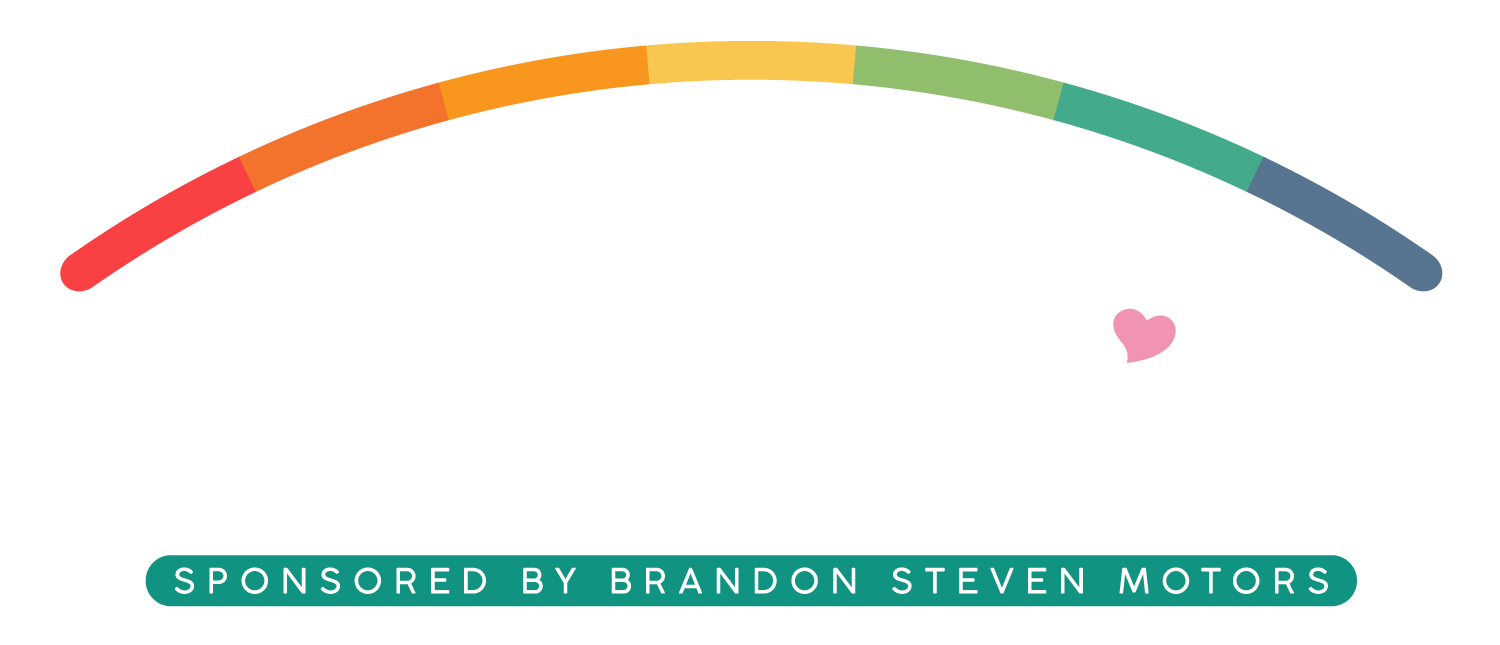Understanding Adoption Depression & Blocked Care
When families embark on the journey of adoption, they often envision a beautiful story filled with love, joy, and connection. However, the reality can sometimes be more complex, leading to emotional hurdles such as adoption depression and a phenomenon known as blocked care. It’s important for families to recognize and understand these challenges, and doing so can help them find the support necessary to navigate the rocky terrain of adoption.
What is Adoption Depression?
Adoption depression is a term that encompasses a range of emotions experienced by adoptive parents after bringing a child into their home. While many people think of postpartum depression as something that affects only biological parents, adoptive parents can also experience a form of depression related to their unique transition.
Common Symptoms:
Feelings of inadequacy: Adoptive parents may struggle with feelings of not being “enough” or concerns about whether they can provide the love and care that the child needs.
Isolation: Many adoptive parents may feel isolated or misunderstood. As their unique experiences may differ significantly from those of biological parents, these feelings can often lead to social withdrawal.
Anxiety and fear: Adoptive parents might constantly worry about their child’s past trauma or attachment issues, which can manifest in anxiety.
Unrealistic expectations: The pressure to create a perfect family dynamic can lead to disappointment and self-blame when things don’t go as planned.
What is blocked care?
Blocked care is a term used to describe the emotional and psychological detachment adoptive parents might experience towards their children, often as a coping mechanism in reaction to their child’s challenging behaviors. This phenomenon is particularly common in situations with children who have experienced trauma or have attachment issues.
Key features of blocked care:
Emotional Numbness: Parents may feel sadness or frustration to the point that they become emotionally numb, finding it difficult to connect with their child.
Inconsistent parenting: Blocked care can lead to a lack of consistency in parenting, where the parent may struggle to engage or establish boundaries.
Avoidance: Some parents might unconsciously avoid interactions requiring emotional investment, further reinforcing the cycle of detachment.
The connection between adoption, depression, and blocked care
The relationship between adoption, depression, and blocked care can present as cyclical. Feelings of inadequacy and isolation may contribute to a disconnect in the parent-child relationship and lead to blocked care. In turn, the emotional detachment can worsen the adoptive parent’s mental health, deepening feelings of depression and anxiety. Understanding this connection is crucial for breaking the cycle and fostering healthier dynamics.
Addressing adoption, depression, and blocked care
Acknowledge your feelings: Acceptance is the first step. Recognizing that it’s okay to experience challenging emotions can be liberating. Rather than feeling shame, adoptive parents should talk about their feelings with trusted friends, family, or a professional.
Seek support: Join support groups, either locally or online, where you can connect with other adoptive families who understand your experiences. Sharing stories and navigating challenges together can be incredibly therapeutic.
Engage in self-care: Make self-care a priority. This could be in the form of therapy, exercise, or simply setting aside time for personal interests. When parents take care of themselves, they are better equipped to provide care for their children.
Educate yourself about trauma: Understanding how trauma affects children can arm parents with the tools they need to foster empathy and patience. Resources such as books, workshops, or online courses can be invaluable.
Create consistent routines: Establishing predictable routines can help mitigate feelings of anxiety and build a sense of security for both the child and the parent. Predictability fosters trust and connection.
Professional help: It’s completely understandable to feel overwhelmed at times, especially when navigating the complexities of emotions surrounding adoption and trauma. If you find that feelings of depression or the weight of these experiences become too heavy to manage alone, reaching out for professional help can be a valuable step. A compassionate therapist who specializes in adoption and trauma can offer you support and guidance that is tailored specifically to your family’s journey. You don’t have to face this alone—support is available, and it can make a difference.
Conclusion
Adoption opens the door to a beautiful journey filled with endless possibilities, but it’s important to acknowledge that it can also present unique challenges. It’s perfectly natural to grapple with various emotions, and you’re not alone in this experience.
By taking the time to recognize and understand these feelings and by seeking out the right support, you can strengthen family bonds and cultivate the warm, loving home you aspire to create. Remember, reaching out for help is a sign of strength, not weakness. Prioritizing your emotional well-being is crucial—not just for you, but for your entire family. Embracing your personal journey with compassion for yourself will allow you to nurture the loving environment every child deserves.
This blog is courtesy of Adopt KS Kids


